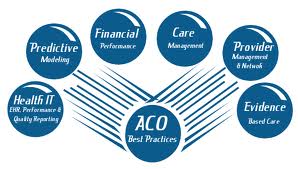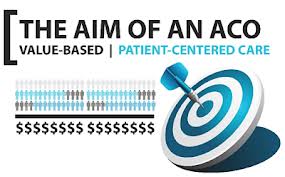A Three Pronged Approach to Organizational Analysis
When was the last time your organization performed a SWOT analysis? If you aren’t familiar with SWOT (strengths, weaknesses, opportunities and threats) it’s a widely used strategy in many industries, not just healthcare, for identifying areas for improvement. You can break SWOT down even further: Strengths: What sets your hospital apart from all the rest? What can you offer that makes you competitive? Weaknesses: What puts your hospital and employees at a disadvantage compared to other hospitals? What of these factors can you change? Opportunities: How can you show your strengths to others? Threats: What could cause big trouble for your hospital or employees?











